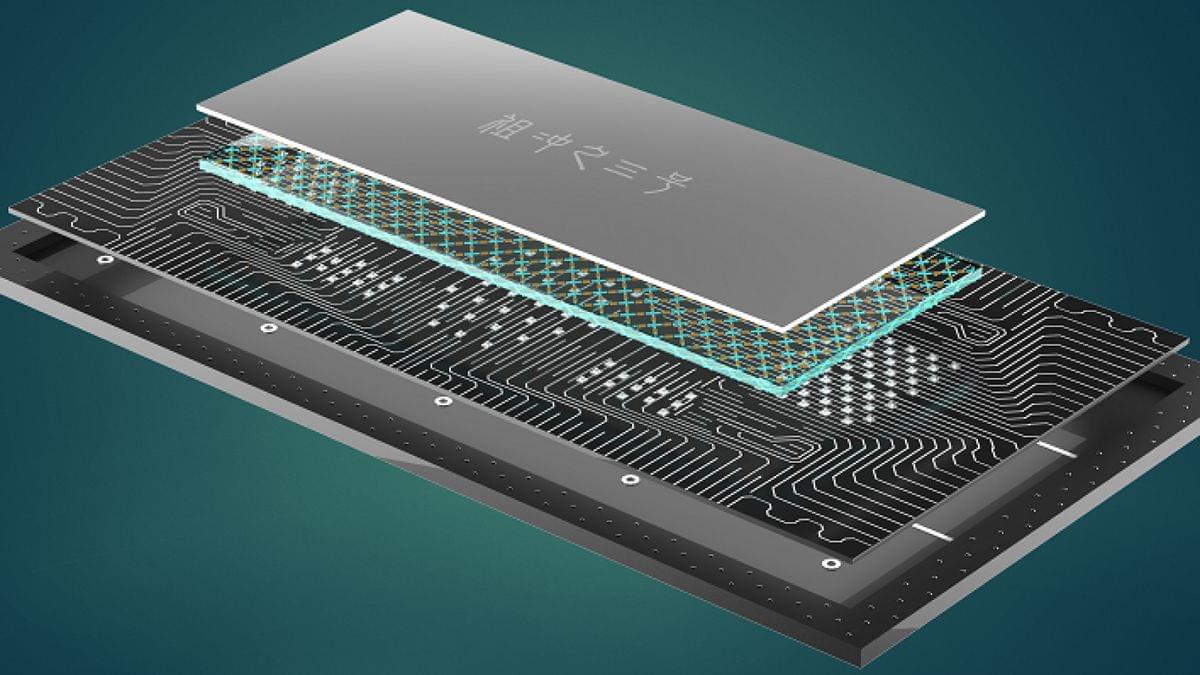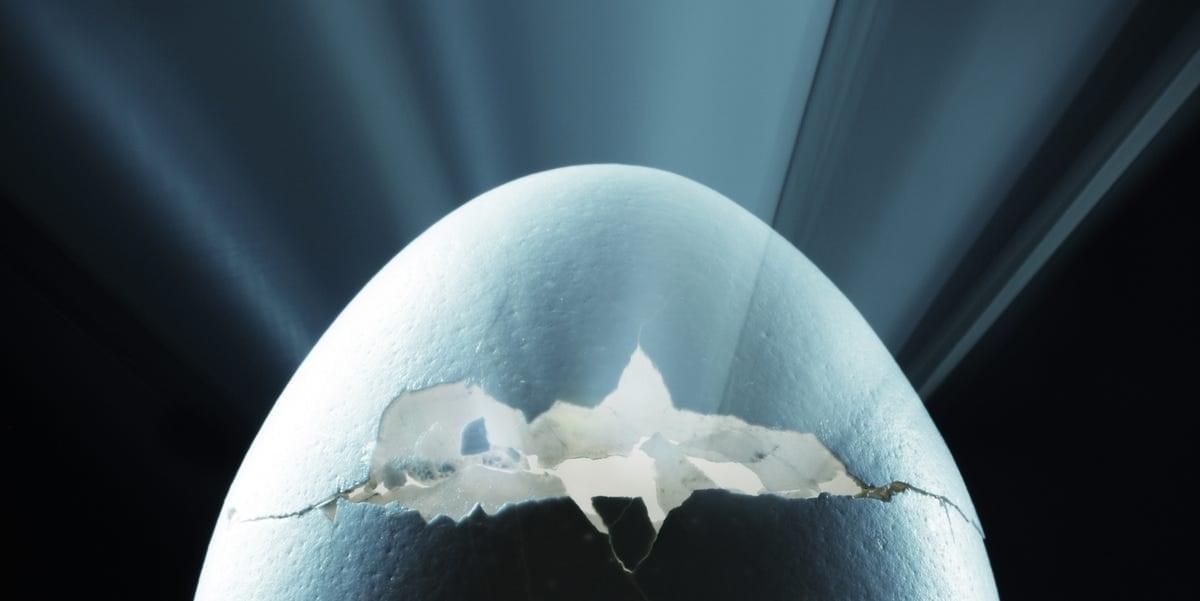Mars, the next frontier in space exploration, still poses many questions for scientists. The planet was once more hospitable, characterized by a warm and wet climate with liquid oceans. But today Mars is cold and dry, with most water now located below the surface. Understanding how much water is stored offers critical information for energy exploration, as well as life sustainability on the planet.
A research group from Tohoku University has helped shed light on this by improving an existing Mars climate model. The enhanced model accommodates the various properties of Martian regolith, or the loose deposits of solid rock that comprise Martian soil. The study is published in the Journal of Geophysical Research: Planets.
Mirai Kobayashi says current models fail to account for the fact that laboratory experiments have demonstrated that the water-holding capacity of the regolith is strongly influenced by its adsorption coefficient.






